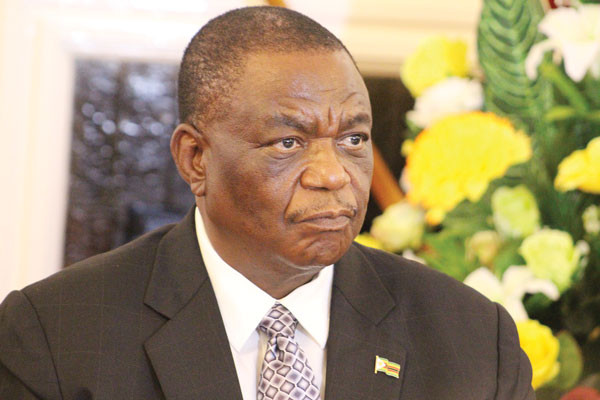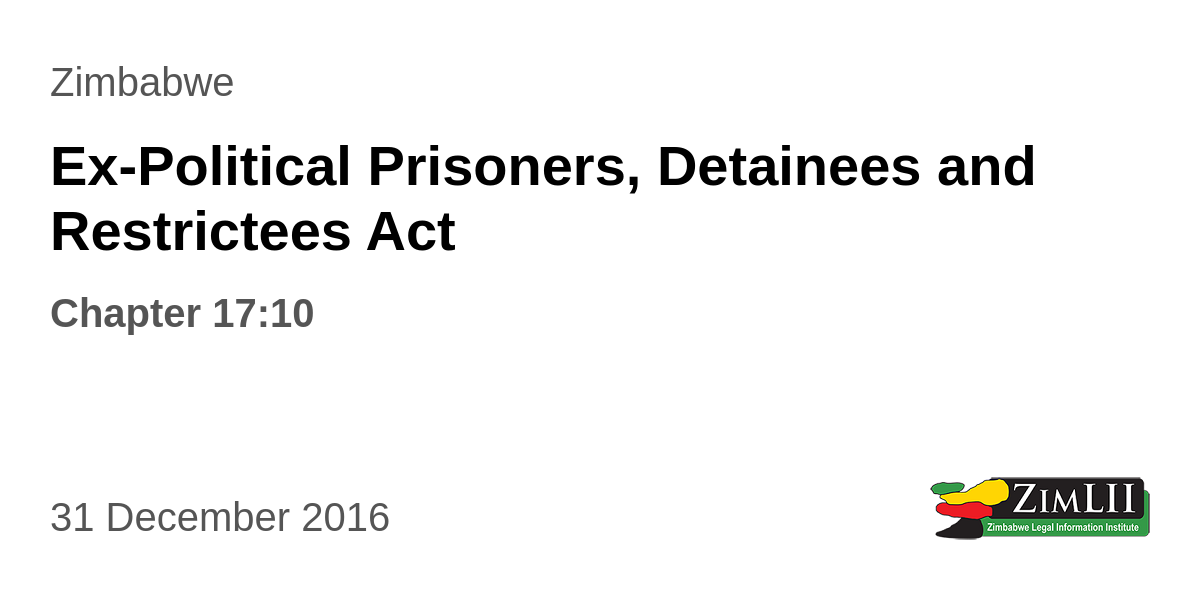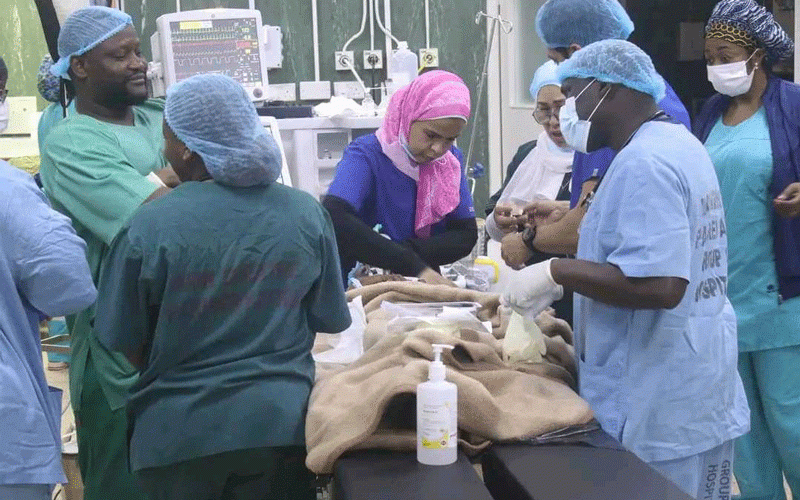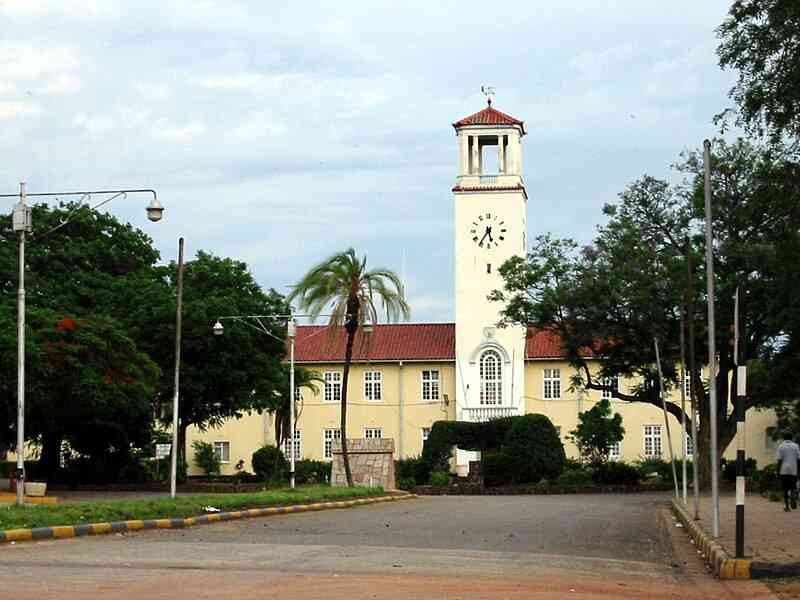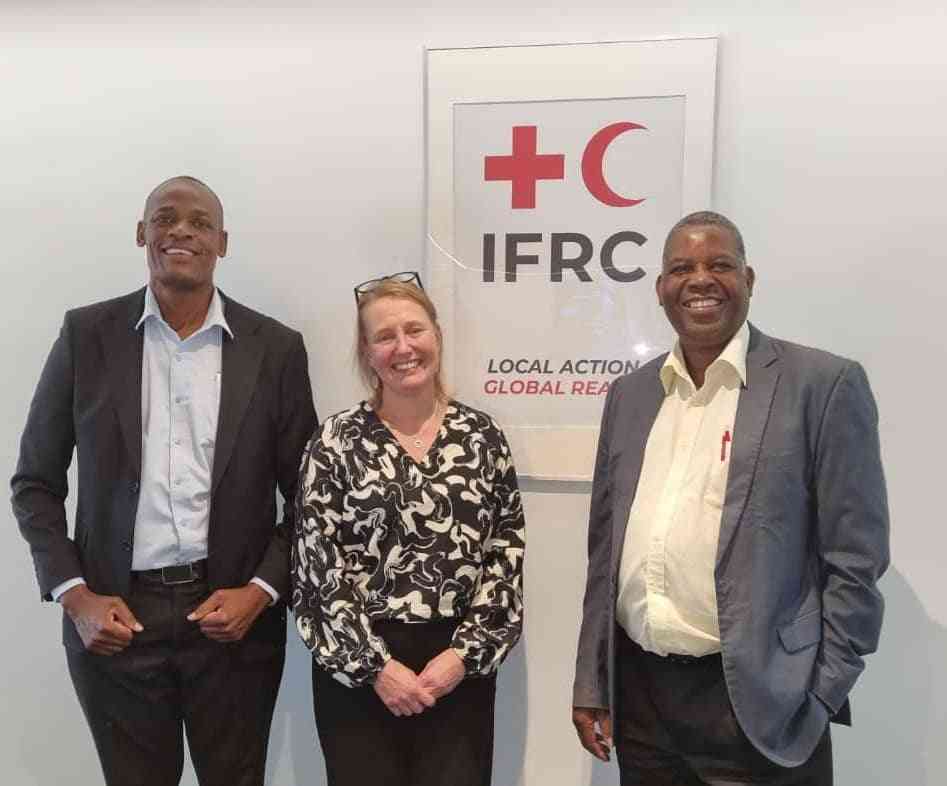
THE Zimbabwe Red Cross Society (ZRCS) has over the last four years developed robust strategies meant to address operational and governance challenges that have been a deterrent to the organisation’s ability to achieve its goals.
Previously, the ferocity of the divisions within the ZRCS, which is an auxiliary arm of the government, had been so intense they put the reputation of the organisation at stake.
Tension would escalate within the organisation, especially during the year when they hold elections to choose their governance structures.
The run up to the election would be characterised by mudslinging, misinformation, malicious scandalisation, backbiting and bickering starting from the districts and provinces across the country.
However, ZRCS secretary-general Elias Hwenga said the organisation is now past that phase and was now implementing tailor-made interventions, including developing vigorous approaches to address previous operational encounters.
“The state of the ZRCS, following our crisis around the 2018-2021 period, I think I can describe the situation of the last four years in three words, thus compliant, agile and sustainable,” Hwenga said.
“Many of our problems in the past were based on non-compliance with policies and procedures, agile in the sense that the transformation process made us sensitive and responsive to our stakeholders’ needs, something which was neglected for years; sustainable because we are now in a position to make interventions using local resources in the event that donor funds are not available.
“Financially, we are sound.”
- Beads fashionista takes pride in African culture
- A peep into Matenganyika’s artistic closets
- Tiger gets comeback underway with opening par at Masters
- Restoring Family Links boon for migrants
Keep Reading
Hwenga described the period between 2018 and 2021 as turmoil in the history of the ZRCS.
“Turmoil because there were so many vices that gripped this national society ranging from incessant conflicts because people were just fighting, insolvency; there were financial obligations that were unmet, private and statutory obligations; there were lots on indiscipline and there was a culture of impunity,” he said.
“There was rampant media onslaught at that particular time and ultimately that led to donor fatigue and in that regard it meant service delivery was at its worst.
“It was a big lesson and then we realised that only ourselves could extricate the national society from these challenges and that began the process of recovery, from recovery we went to stability and then growth.
“Currently we are at the growth stage. Our process went through four stages, thus turmoil, recovery, stabilisation and growth. We have turned the corner.”
Hwenga added that the presence and localisation of the International Federation of Red Cross and Red Crescent Societies Zimbabwe, Malawi and Zambia Cluster office in Harare, closer to the national society, played a crucial role in expediting access to support when it was needed.
ZRCS national president Edison Mlambo said they had managed to establish clear governance structures with well-defined roles and responsibilities in the last four years.
He said by integrating strategies and having meaningful engagements, ZRCS had been able to navigate governance challenges effectively, enhancing performance, trust, accountability and stakeholder confidence.
“Our national society is now on a right trajectory – there is openness, there is now communication and there is more of compliance to our statutes with governance playing its critical oversight role as well as policy formulation; we are more compliant,” Mlambo said.
“We had our instruments like the policies, but in the past we couldn’t enforce them maybe because we were too relaxed assuming that everyone understands everything.
“In the last four years, we then went out to educate our people, we met our members and volunteers right from branch level, we met the staff, our movement partners, government officials, Ministry of Defence, thus our parent ministry, we engaged different ministries, and we engaged everyone where we opened ourselves to scrutiny and we allowed people to even give us advice.”
Mlambo is confident that the current management and staff have a clear vision of organisational and operational success.
Mlambo is optimistic that the new governance structures being elected would continue on the positive trajectory.
He said clear and transparent communication fosters trust and alignment of interests among stakeholders.
Wellington Magaya, ZRCS legal advisor bemoaned lack of active board oversight, transparency and robust internal controls in previous years, which were an obstruction to strategic guidance and risk management.
“The problems that we faced as the Zimbabwe Red Cross Society were multifaceted and these ranged from governance issues, non compliance with constitution, issues of financial management to issues of attempting to subvert the constitutional process,” he said.
“As an organisation, we wanted help and we open ourselves up for scrutiny and this involved consultations with stakeholders and consultations with the government and it involved everyone who was affected with support of the International Federation of Red Cross and Red Crescent Societies through their Compliance and Mediation Committee (CMC).
“We embarked on a process to strengthen our governance structures to make sure they play a role as outlined in the constitution.
“One of the weaknesses in the previous regime was that there were no checks and balances, no oversight role.”
Magaya said they have reconstituted the governance structures by holding elections that ushered in a new body in 2020, which was then inducted with the assistance of the CMC and IFRC.
“We made sure that everyone understands what their mandate was,” he said.
“From there, we went on to develop policies that were aimed at strengthening these governance structures and the implementation of the remedial actions.
“We developed 24 policies and we consulted everyone; they were adopted by the body and the national governance council.”
He said they made sure that all workers and membership structures were aware of the policies through a number of dissemination workshops, including strategic meetings.
“We had a number of health checks from movement partners, including the CMC and all gave us a clean bill of health, attesting that we have indeed transformed and a compliant well functioning national society. We are a partner of choice,” Hwenga said.
Meanwhile, the ZRCS has started on the elections for new governance structures as the four-year term of the current structures come to an end having been elected in 2020.
“We started from our structures at the branch, district levels and we will move on to the provinces before we hold the national elections,” said Hwenga.
“The exercise, being supervised by the statutory elections committee, is going on smoothly.
“However, it’s common that during elections, which are political contests for power, results might not come in your favour, and some may not take such loss lightly and try to cause problems.
“But we have transparent constitutional systems to professionally address any grievance.”
Hwenga said there was no chaos at the ZRCS elections, but what was happening was expected of any election environment.
“As guided by our constitution and policies, we have clear grievances handling procedures and issues raised by a member are aptly and promptly handled by the statutory body mandated to deal with those issues,” he said.
ZRCS is an auxiliary to public authorities as mandated through an Act of Parliament, the Zimbabwe Red Cross Society ACT, Chapter 17:08.

